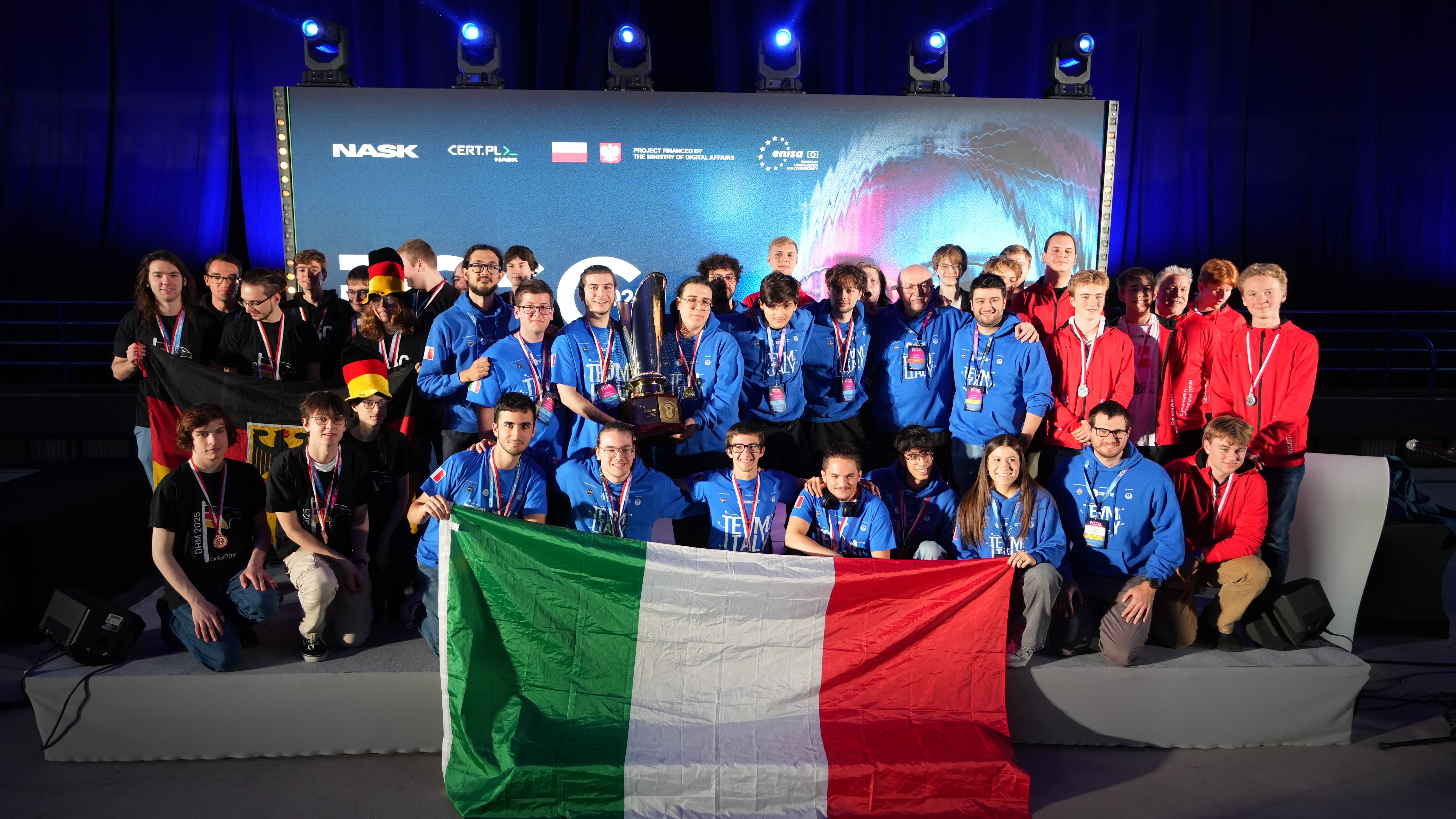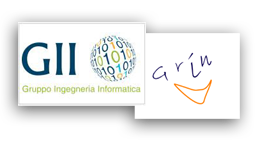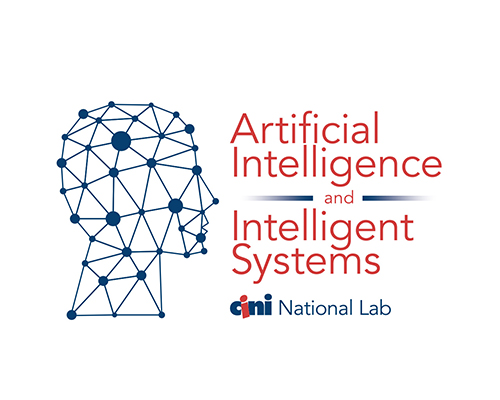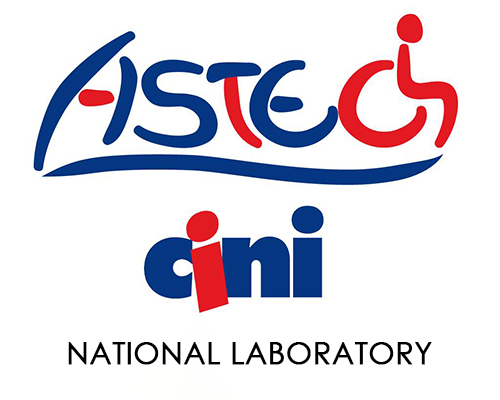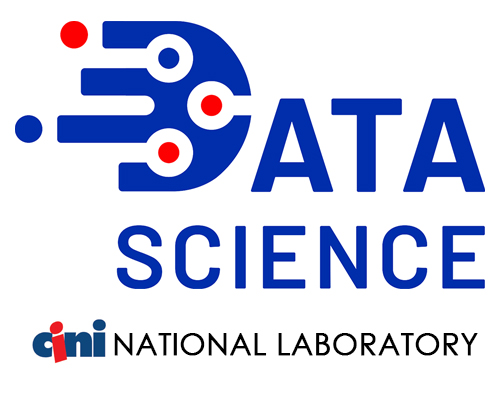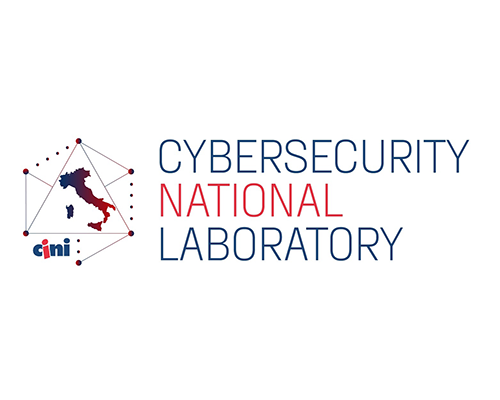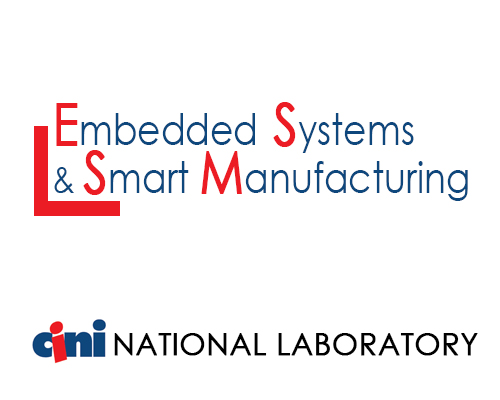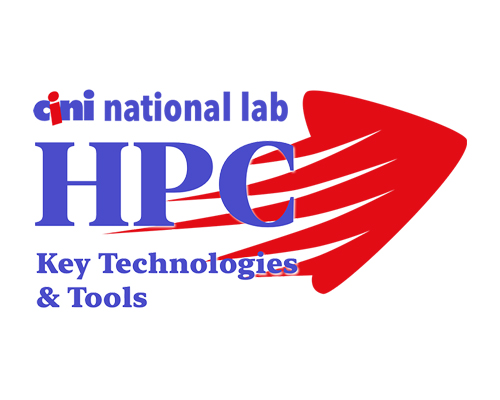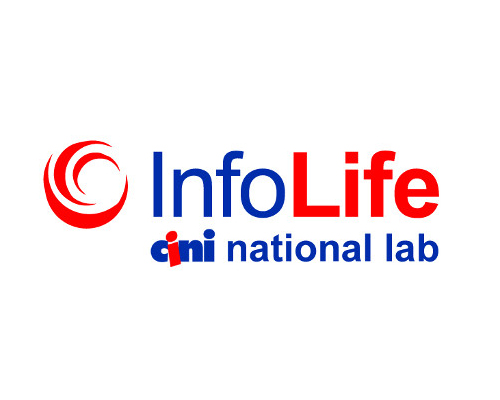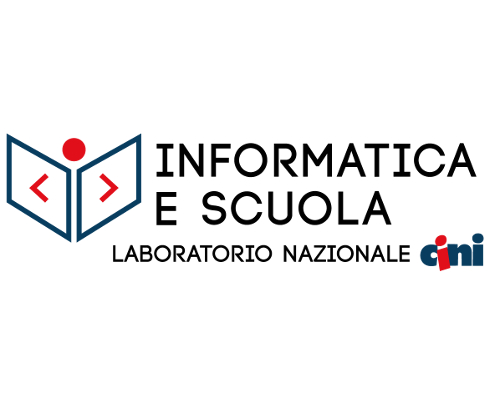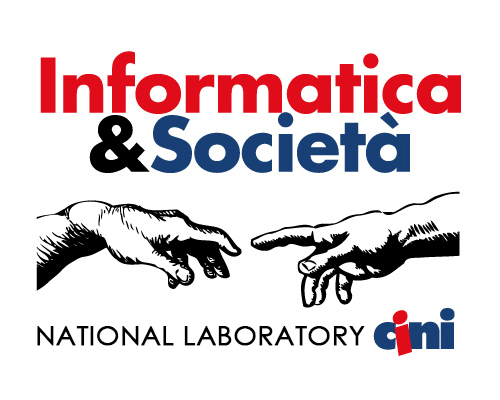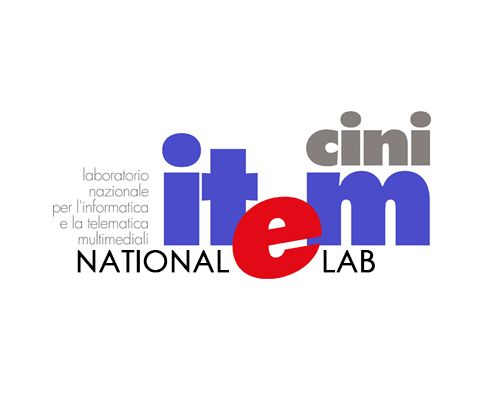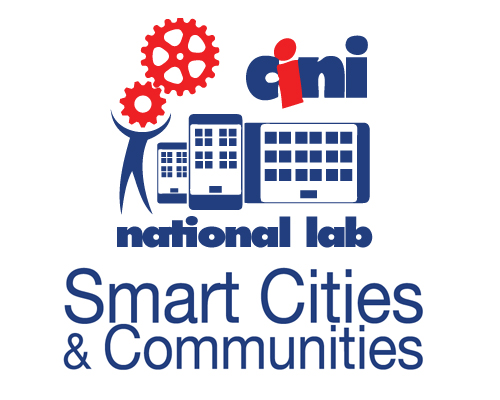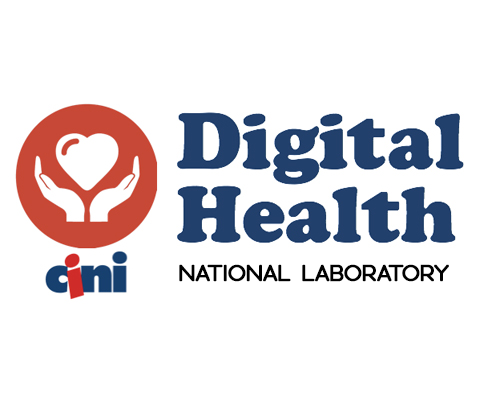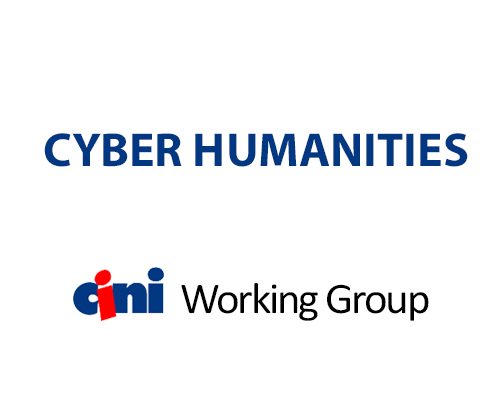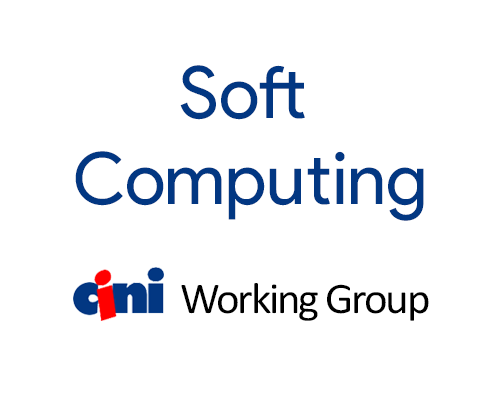Project full title: Intelligent Secure Trustable Things - InSecTT
Durata: 36 mesi
Topic: H2020-ECSEL-2019-1-IA-two-stage - Innovation Actions (IA)
Abstract
In recent years, technological development in consumer electronics and industrial applications has developed rapidly. More and smaller, networked devices are able to collect and process data anywhere. The Internet of Things (IoT) is a revolutionary change for many sectors like healthcare, building, automotive, railway, etc. Some developments are technologically amazing and frightening at the same time. Examples are fitness trackers, small devices that measure your movements and motions with help of integrated ensors. They can improve health by measuring your physical activities, measure your sleep quality etc. However, in 2018, the use of such fitness trackers has revealed secret locations of US military bases worldwide by publishing the regular jogging routes of soldiers on the Internet. 1 Information that would never have been stored a decade ago is now publicly available. The availability of that amounts of data also goes hand in hand with the development of Artificial Intelligence (AI) and Machine Learning (ML) algorithms to process them. With their use, faces of your friends can be recognized automatically in your online photo album or devices in the household can be simply controlled via voice recognition. The other side of the coin is the vulnerability of these devices in terms of security. Recent hacks of millions of webcams, children’s toys and even vacuum cleaners as well as Distributed Denial-of-service (DDoS) attacks reduce confidence in this technology. Also, users are challenged to understand and trust their increasingly complex and smart devices, sometimes resulting in mistrust, usage hesitation and even rejection.
Going to the edge - Bringing Internet of Things and Artificial Intelligence together. The developments described above mostly cover processing of data in centralized cloud locations and hence cannot be used for applications where milliseconds matter or for safety-critical applications. By moving AI to the edge, i.e. processing data locally on a hardware device, real-time applications for self-driving cars, robots and many other areas in industry can be enabled. The push of AI towards the edge can also be seen by recent announcements in consumer electronics. Google has reduced the size of the cloud-based AI voice recognition model from 2 GB to only 80 MB, so that it can also be used on embedded devices and does not need Internet connection 2.
The technological race to bringing AI to the edge can also be seen by very recent developments of hardware manufacturers. In October 2018, Google released Edge TPU 3, a custom processor to run the specific TensorFlow Lite models on edge devices. Many other, mostly US companies like Gyrfalcon, Mythic and Syntiant are also developing custom silicon for the edge.
AI + IoT = AIoT
The InSecTT partners believe that Artificial Intelligence of Things (AIoT) is the natural evolution for both AI and IoT because they are mutually beneficial. AI increases the value of the IoT through machine learning by transforming the data into useful information, while the IoT increases the value of AI through connectivity and data exchange.
The overall objectives of InSecTT are to develop solutions for (1) Intelligent, (2) Secure, (3) Trusted (4) Things applied in (5) industrial solutions for European industry. More precisely:
(1) Providing intelligent processing of data applications and communication characteristics locally at the edge to enable real-time and safety-critical industrial applications;
(2) Developing industrial-grade secure and reliable solutions that can cope with cyberattacks and difficult network conditions;
(3) Providing measures for trust for user acceptance, make AI/ML explainable and not just a black box that cannot be understood;
(4) Developing / Testing distributed AI applications for safety critical systems and conditions;
(5) Developing solutions for Internet of Things, i.e. mostly wireless devices with energy- and processing-constraints, in heterogeneous and also hostile environments;
(6) Providing re-usable solutions across industrial domains;
(7) Methodological approach with the Integral Supply Chain, from academic, to system designers and integrators, to component providers, applications and services developers & providers and end users.
CINI Units involved:
UNIMORE
UNIPR
UNIROMA3
UNIFI
LaSapienza
UNICAL
In the project the units will cooperate in the implementation of the intelligent capabilities of the UC implementing the sensing stack, the reasoning and classification pipeline and by deploying the real-time solution on embedded platforms.




